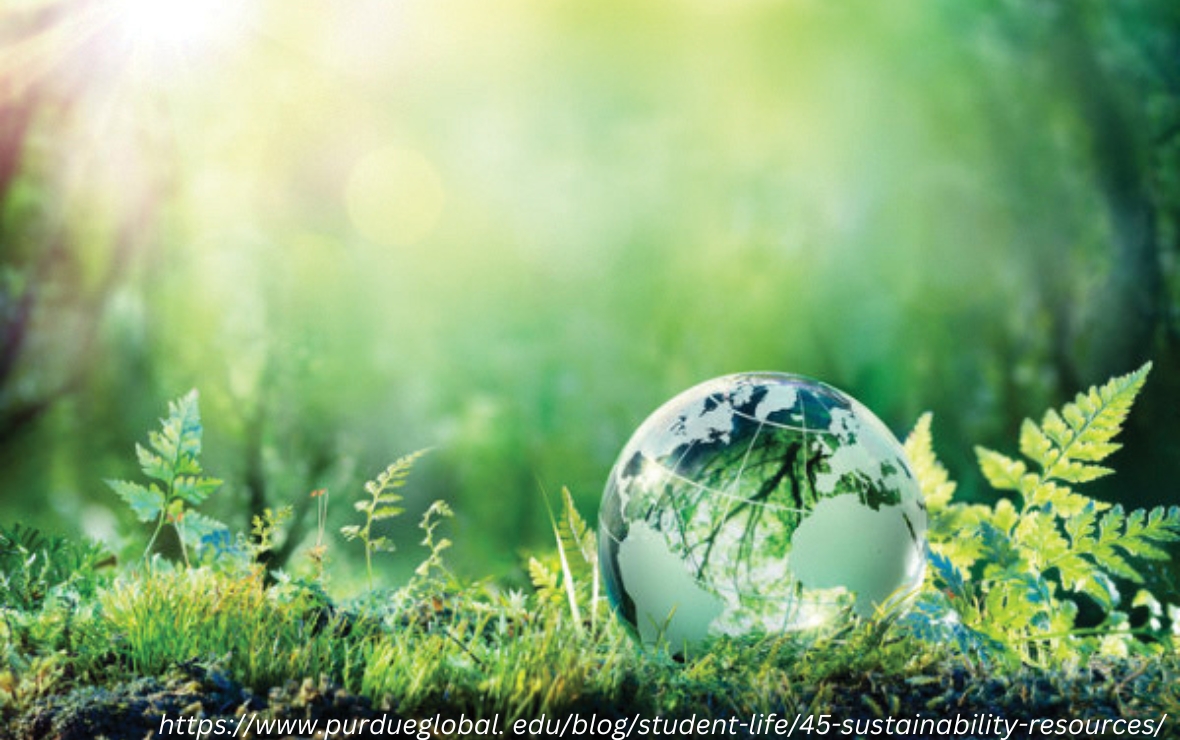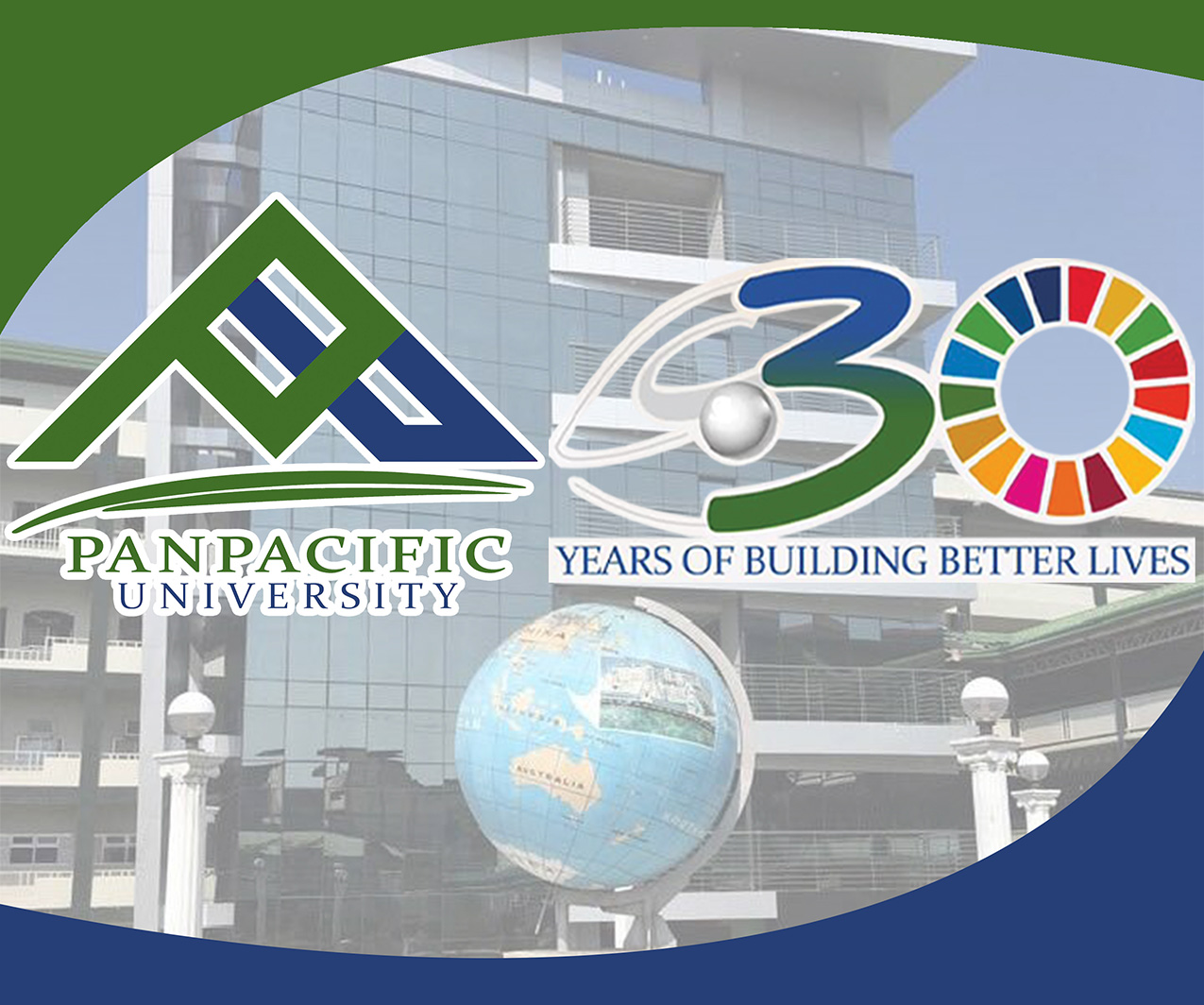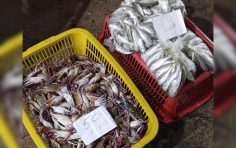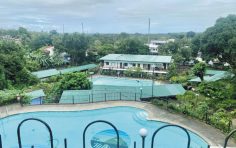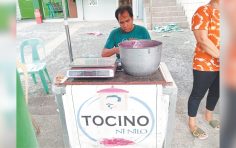“Sustainability is not just about adopting the latest energy-efficient technologies or turning to renewable sources of power. Sustainability is the responsibility of every individual every day. It is about changing our behaviour and mindset to reduce power and water consumption, thereby helping to control emissions and pollution levels.” – Joe Kaeser
To achieve sustainability at this stage is an effort not just by one individual, one institution or one corporation; it needs the cooperation of everyone on planet.
Green is associated with sustainability because of its environmental connection to flora and forests; a color that marks freshness and rejuvenation.
In the Philippines, nine companies are recognized for their sustainable business practices for emerging markets for sustainability by Business Manual Team, released in January 2024: Edamama, Kindred, Kraver’s Canteen, Packworks, Peddlr, SariSuki, Shoppable Business, Sprout Solutions and TANGGapp.
The Top Five Sustainable Cities in the Pilippines mentioned by Plastic Bank in February 2024 are: Makati City, Taguig, Quezon City, Cebu, Davao and honourable mention is Naga City.
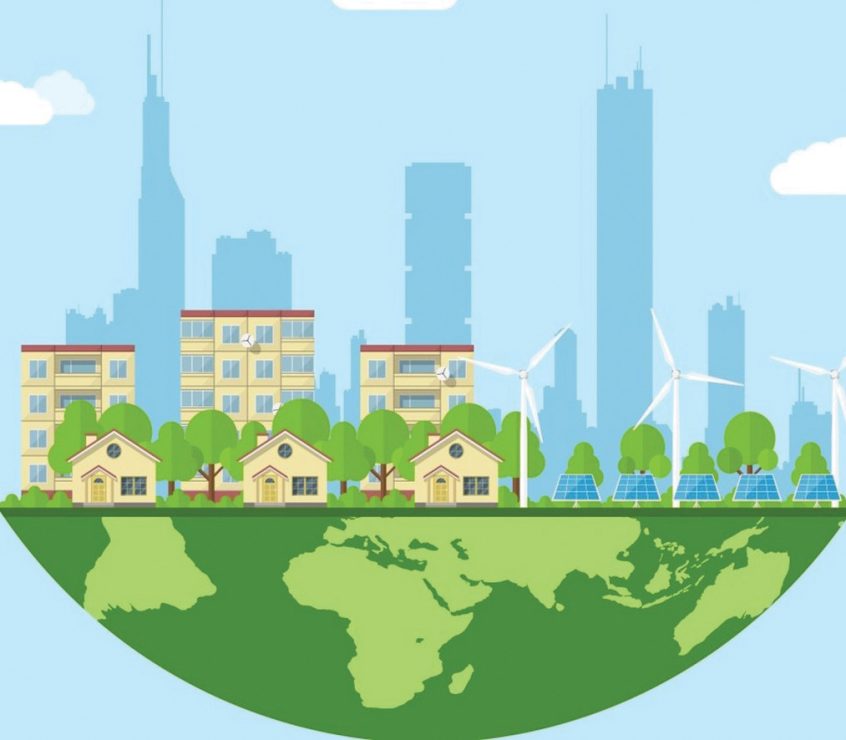
In the world ranking, the Philippines is ranked 90th out of 180 countries. This is based on the record of Global Sustainable Competitiveness Index (GSCI) where the country received a score of 42.3 which is below the global average sustainable competitiveness score of 43.3.
The Philippine performance is the lowest among its peers in the region, the country’s score on Sustainable Competitiveness is based on the six (60 subindices, namely: natural capital (rank 112, score 40.8), resource intensity (rank 121, score 38.4), social capital (rank 80, score 43.9), intellectual capital (rank 63, score 42.9), economic sustainability (rank 114, score 39.5), and governance performance (rank 103, score 48.4). This is done by management consultancy SolAbility, a Swiss-Korean organization.
On a positive note, the Philippines has incorporated the UN Sustainable Development Goals in its Philippine Development Plans, including sectoral development plans. Since the Philippines needs to protect and care for its diverse ecosystems and natural resources, it is a tough call to every Filipinos to act, secure and protect its forests, coastal areas and marine biodiversity for future generations.
In order to promote green communities in the country, the commitment to be green shall be embraced in terms of lifestyle choice people make from day to day. The country needs more green teams of individuals and organizations who will extend support and activate volunteerism in the cities and provinces.
In case individuals or corporations may wish to join environmental organizations, here are the recognized organizations with their different programs, projects and campaign in the country provided by Traveloka: World Wide Fund for Nature, Waves for Water, Save Philippine seas, Earth island Institute, Greenpeace Philippines, haribon Foundation, Rare, Mother Earth Foundation, Philippine Biodiversity Conservation Foundation and Marine WIldlife Watch of the Philippines.
These organizations deal with different issues and problems in the country from climate change, sustainability, wildlife, birds, marine life, biodiversity, water, garbage and pollution.
The Philippines can still raise the bar higher towards adapting a green lifestyle to achieve sustainability.
– RIZA ZUNIGA

